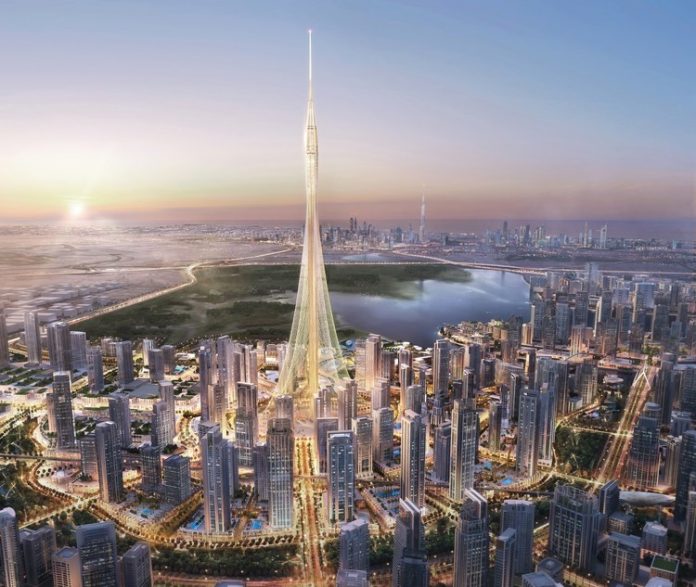The Abu Dhabi Government has announced the list of public holidays planned for 2017.
“The following list shows the public holidays in the UAE for the year 2017. The official reference to determine Islamic occasions, such as the beginning of Ramadan or Haj, is the Hijri Calendar. It is based on the phases of the moon. Hence, the exact dates of Islamic events vary from one Gregorian year to another as they depend on the local sightings of the moon,” the announcement reads.
All federal ministries, public departments and institutions will be closed on the following holidays:
* Please remember Islamic holiday exact dates are subject to moon sighting and may differ from date given.
The holidays explained:
Israa Wal Miraj Night*
Known as the Prophet’s Ascension or the Night Journey, Israa Wal Miraj are the two parts of Prophet Mohammed’s journey from Mecca to Jerusalem during a single night. He is said to have travelled on a winged horse before ascending to heaven to speak to God, who gave him instructions to take back to Muslims regarding the details of prayer.
Ramadan*
Ramadan is the ninth month and the holiest for Muslims in the Islamic calendar. It is believed the Quran was revealed to Prophet Mohammed during Ramadan. During this month, Muslims do not consume any food or liquid between fair and maghrib prayers (at dawn and sunset), not even water.
Eid Al Fitr*
Is the festival of breaking the fast which celebrates the end of Ramadan. Eid Al Fitr falls on the first and second day of Shawwal and are the only two days Muslims are not permitted to fast.
Haj season*
Haj is the annual Islamic pilgrimage to the holy city of Mecca which Muslims must carry out at least once in their lifetime, if they have means. It is one of the five pillars of Islam and involves a series of rituals and prayers aimed at erasing past sins.
Arafat Day*
The second day of the Haj pilgrimage when Muslims will make their way from Mina to a nearby hillside called Mount Arafah, where Prophet Mohammed is said to have delivered his last sermon. The day after Arafat Day is Eid Al Adha.
Eid Al Adha*
The festival of sacrifice is considered the holiest of the two Eids. On this day Muslims sacrifice a sheep or goat and distribute the meat to the needy in honour of Prophet Abraham who is said to have had his faith tested by God after he was told to sacrifice his son. Once he agreed, God intervened and put a sheep in his son’s place. Eid Al Adha is celebrated over four days.
Hijri New Year’s Day*
The Islamic New Year, celebrated on the first of Muharram, is the first day of the lunar calendar year.
Commemoration Day
In August 2015, President Sheikh Khalifa announced that November 30 will be a national holiday to honour Emiratis who have fallen in the line of duty. The first Emirati serviceman to die in the line of duty was Salem Suhail bin Khamis, at the end of November in 1971, shortly before the UAE’s formation.
UAE National Day
The anniversary of the federal unification of the Emirates in 1971, which was headed by the late founder of the UAE, Sheikh Zayed.
Source: www.thenational.ae

















